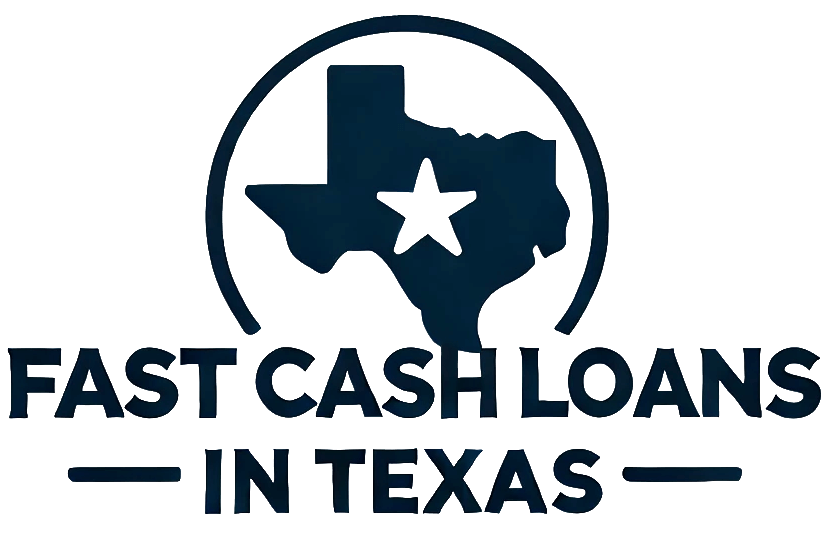Life can be unpredictable, and sometimes you need quick financial help. Whether it’s an unexpected medical emergency, a car breakdown, or consolidating high-interest debt, securing $15,000 fast could be the solution. But finding the right loan at the right terms can be a challenge, especially if your credit isn’t perfect. In this guide, we’ll explore how to get a $15,000 personal loan, what to expect during the process, and how to make the most of the funds.
When You Need $15,000 Quickly
Emergencies don’t come with a warning, and neither do major expenses. A medical bill or car repair might leave you scrambling for funds. Or maybe you’ve got big plans-like home improvements, a wedding, or financing a vehicle-and you need the cash right now. In these cases, a personal loan of $15,000 could give you the breathing room you need, offering flexibility with fast access to funds.
How Can I Get a $15,000 Personal Loan?
Getting approved for a $15,000 personal loan depends on several factors, including your credit score, income, and debt-to-income ratio (DTI). While online lenders tend to offer fast approvals and flexible terms, traditional banks and credit unions can also be options-though they may have stricter requirements.
What Can I Use a $15,000 Personal Loan For?
A personal loan of this size can be used for almost anything, including debt consolidation, home improvements, medical emergencies, or even a vacation. It’s also an excellent way to finance a major purchase, like a car or new appliances, without draining your savings account. The best part is that you can repay the loan in manageable monthly installments over time.
Eligibility for a $15,000 Loan
Eligibility for a $15,000 personal loan varies by lender. Online lenders often provide fast approvals, sometimes even without a hard credit check. Traditional lenders like banks typically require good credit for a loan of this size, but there are options for borrowers with less-than-perfect credit too. Using a co-signer or offering collateral might improve your chances of approval or secure a better rate.
Where Can I Get a $15,000 Personal Loan?
Online lenders are usually the fastest option, with many offering prequalification without a hard credit check. This allows you to compare rates and terms from the comfort of your home, often with approval within a few days. If speed is a priority, some lenders offer same-day approvals and can disburse funds the following business day.
What’s the Monthly Payment on a $15,000 Loan?
The monthly payment for a $15,000 loan depends on several factors, including the interest rate, loan term, and any fees. For instance, with a loan term of 48 months and an average interest rate of 12.49%, your monthly payments could be around $398.63. Use a loan calculator to see how different interest rates and repayment terms will affect your payments.
What If You Have Bad Credit?
Even with a low credit score, you might still be able to secure a $15,000 personal loan. While you might face a higher interest rate, options like secured loans or loans with a co-signer can improve your chances. Be wary of payday loan offers, which can come with exorbitant interest rates and short repayment terms.
How to Apply for a $15,000 Personal Loan
- Check Your Credit: Start by reviewing your credit report and score to understand where you stand.
- Prequalify: Many online lenders offer a prequalification process that doesn’t affect your credit score.
- Compare Offers: Look for the best terms, including interest rates and repayment flexibility.
- Submit Your Application: Once you’ve selected a lender, apply online with the required documents, such as proof of income, identification, and address.
- Accept the Loan: After approval, review the loan terms, sign the agreement, and receive your funds.
Pros and Cons of a $15,000 Personal Loan
Pros:
- Fixed monthly payments make budgeting easier.
- Fast access to cash for urgent needs.
- No collateral required for most unsecured loans.
- Interest rates are generally lower than credit card APRs.
Cons:
- Missing payments can damage your credit score.
- Adding more debt can affect your debt-to-income ratio.
- Some loans may come with fees, such as origination or prepayment penalties.
- If you take a secured loan, you risk losing collateral if you default.
